Get posts by email
A resource list for an evolving faith
November 1, 2018
Last year I wrote a series on faith basically talking about how my faith has changed in recent years. It's a personal story, as all my writing is. But it's also a shared story, because people change. You change.
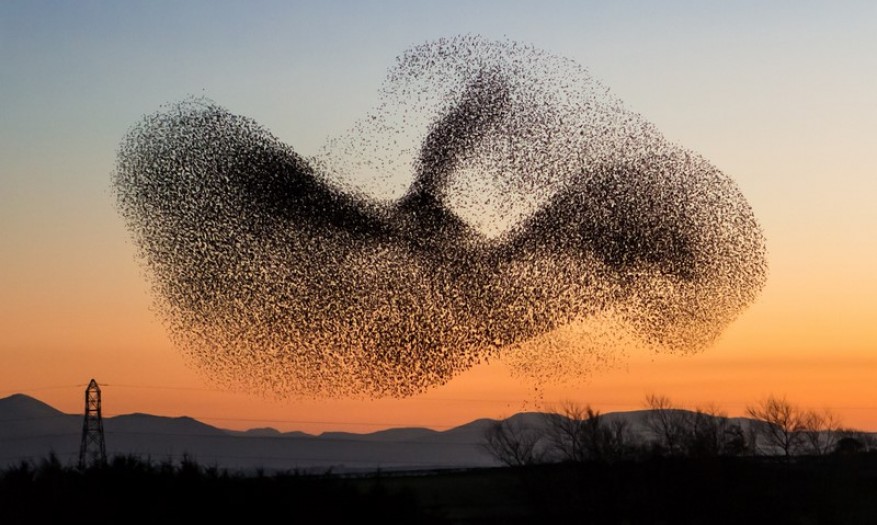
photo source: unknown
I know I'm not the only one who has gone through an evolution of faith, you've reached out and told me as much. But depending on the community you find yourself in, it can be a lonely road to walk. And if that's how you feel, you're in good company!
Faith transitions are a thing. My experience is not unique. Sure it's unique to me but I stand by my conviction that the intimate is the universal. And not only is my unique experience part of the collective (something experienced by others), but it also contributes to the collective, like a Starling murmuration. And collectively, Christianity is changing.
I'm not a sociologist, but there are seismic shifts happening within Christian faith communities because there are seismic shifts happening in culture, politics, business, science, economics, etc. I'm going to guess there are shifts happening within other faith communities and religions, I just happen to be swimming in the Christian stream, specifically North American evangelicalism, so this is the water I know.
When I started this series on faith I intended to conclude it with a resources post, a list of books, authors, podcasts; teachers, thinkers, pastors, theologians, writers who have accompanied me on this journey.
This post has been much harder to write than I anticipated because the list is long (and even longer than what I share here) and I don't want it to be overwhelming.
It's also hard to compile this list because I keep getting hung-up on making the right list. The right list of the most accessible resources for your journey. Or the right list that is diverse in voices and perspectives. Or the right list to provide the best access points. Or the right list that makes me looks smart and wise.
Which is ironic because the outcome of my faith transition has been a shedding of the right lists and right resources and best routes.
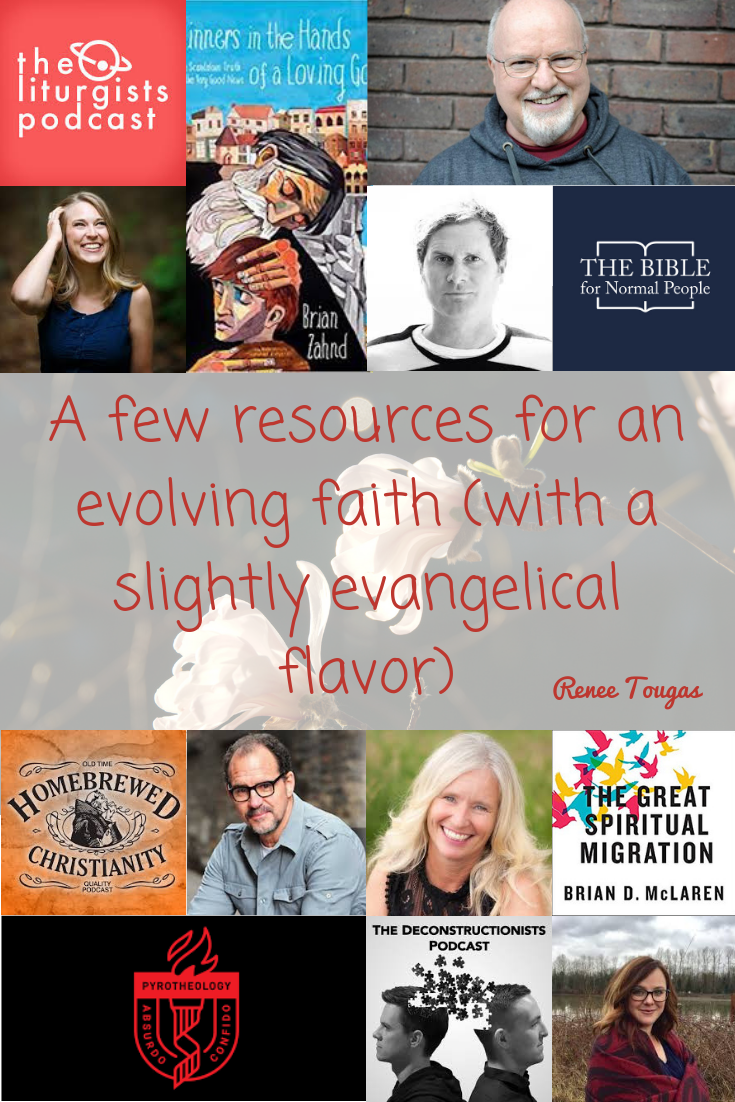
This is not an exhaustive list. Truthfully, I haven't even read full books by some of the people listed. Generally, I don't read a lot of non-story, non-fiction books. In some cases the people on this list have influenced the people I have read and listened to. And their books have been added to my never ending "to-read" list, and so I've included them here.
There is a notable underrepresentation in this list of poets, musicians, and mystics, all of whom have been part of my journey. But the list (and the time it takes to publish) just got too long to include them. I'll mention two: Steve Bell & Christian Wiman. As for others, some of the resources listed below will provide a portal to these voices.
There are SO many gaps in this list and there are things I say in this post, about my faith, that deserve many more words to unpack and process, words I don't have time or space to include here.
I've pulled together this list as succinctly as I can, which can be a real challenge for me. But I'm taking the time to tell a few stories where someone's work has really impacted me.
Because I was raised in and have spent my adult life, thus far, in the North American evangelical tribe of Christianity, this list reflects that. Many, though not all of these writers come from that same tradition. It remains to be seen whether I will stay under the evangelical tent. But I'm getting ahead of myself, back to the list.
Organizing it was tricky so I set up the list by "type" of thinker/writer. You'll see what I mean as you scroll through. These are somewhat arbitrary categories but they're set up this way to give you a sense for what you'll experience in that particular writer/author's work (or at least how I have experienced their work). Is their material predominantly academic? philosophical? story telling? preaching? etc.
But that is enough introduction. So here goes.
Scholars - Theologians, Philosophers & Academics
Richard defies categorization and is definitely more mystical-orientated than the average academic. Rohr is a well-educated, experienced (wise) and beloved Franciscan priest, writer, and thinker.
I highly recommend anything by Richard Rohr. Reading his daily meditations has been the most consistent "devotional" practice I've maintained in many years.
Sign up or read the archives here.
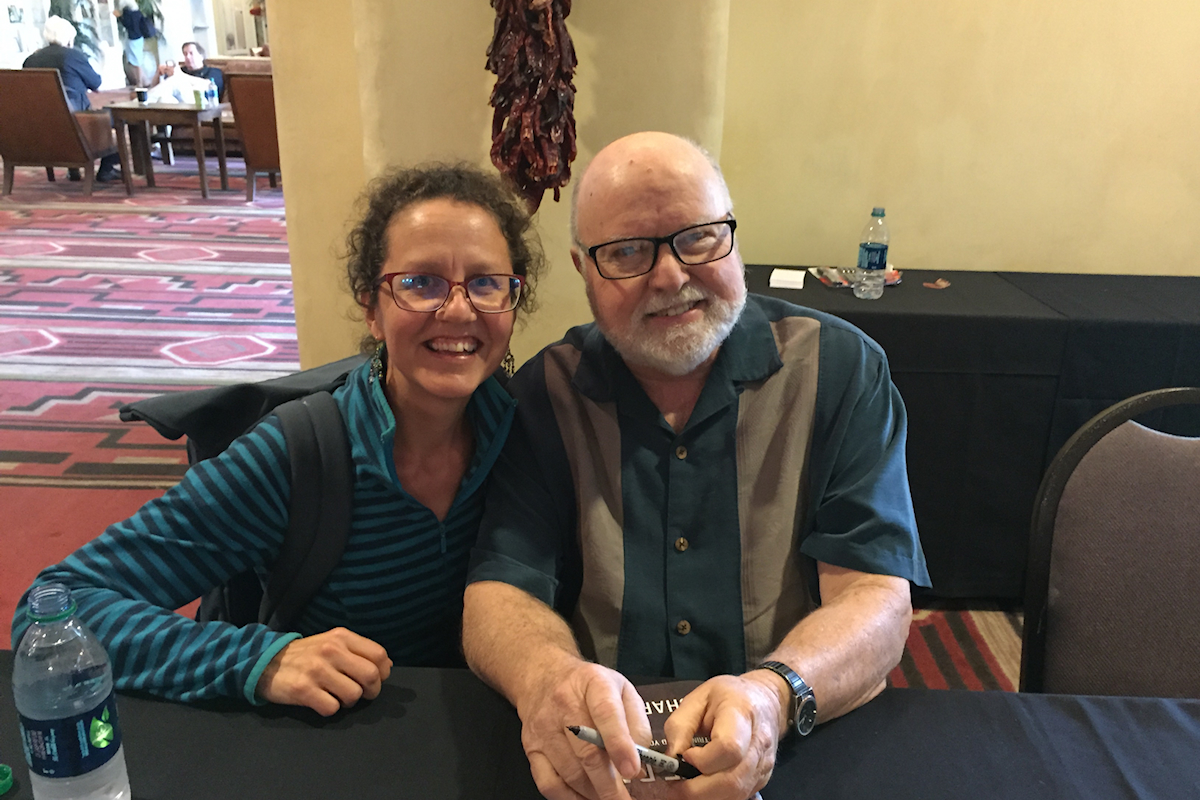
Meeting Richard this past summer in New Mexico
Falling Upward: A Spirituality for the Two Halves of Life is a helpful book for those of us who go through a spiritual transition around the mid-life mark.
I first found Pete Enns when I read the book Telling God's Story, which is a book about how to teach the Bible to your children. Honestly, I've not done a good job of teaching the Bible to my children (ask them, they'll tell you) because I wasn't sure what to do with all the things I didn't understand. And there are many things I didn't/don't understand.
Growing up, I was taught the Bible very explicitly and literally. The Biblical education of my preschool and elementary years were Old Testament stories of a big, distant and often angry God contrasted with Gospel stories of a flowing haired Jesus who was kind and especially welcomed children. Somehow this loving hippie man was the same God as the death and destruction diety of Genesis, Exodus, Joshua, etc. If this wasn't confusing enough, the distant angry God had to kill his hippie son because of our sins.
I accepted all this as a child without thinking about it too much. I was just a normal kid, after all. In the end I knew God loved me and I belonged. I was going to heaven even though pretty much the rest of the world was excluded from His favor, by virtue of having never heard about Jesus or rejecting him when they did. And it was my job, as a child of the evangelical tradition, to tell people how lost they were and how the wages of sin is death and if they didn't accept this loving/vengeful God they would go to hell. And we called this "good news".
Hell, fire, and brimstone aside (if I go down that path right now we'll never get through this list), as a parent I had no idea how to teach Bible stories to my kids, because I didn't want them to struggle with the contradictory and confusing ideas of God that I had inherited from my tradition.
When I read "Telling God's Story", about seven years ago, I had a better idea how to teach the Bible faithful to both the text and my beliefs about God (which have changed significantly since I was a child). By this point my kids were already 12, 10 and 8. I regret that I wasn't able to read that book earlier and have a better roadmap to follow.
Jumping forward a few years, when my faith was deconstructed in earnest (the fact that I didn't want to teach my children about a vengeful God was a clue that the foundation was starting to crack long before the walls fell down) I found Pete Enns again. This time as a podcast host.
Pete Enns is one smart and smart-ass dude. He's written a lot of books, which I haven't read but his podcast The Bible for Normal People co-hosted with Jared Byes is a great point of entry for people who take the Bible seriously, have some serious problems with the Bible, or find themselves in both places, like myself.
Pete Rollins work is subversive, and in that it reminds me of Jesus' teaching in his own religious context. What I appreciate is the challenge and permission to think differently (philosophically and psychologically) about Christianity and spirituality and the blurring of lines in his work between believer and non-believer, sacred and profane. It's a bit mind-bending.
I haven't read any of his works or taken his courses, I've only accessed his ideas from podcasts where he's been interviewed by other people. He also hosts a podcast called The Fundamentalists, which I haven't listened to.
Homebrewed Christianity Podcast with Tripp Fuller
I'll introduce this podcast by saying I wish I could go back to school and study theology (also philosophy, religion, and psychology), and maybe I will. But until that time I like to listen to podcasts of people who do study theology. And this is my favorite theology podcast which bills itself as "equipping grassroots theologians for transformative thinking, engaging, and living."
A word of warning; it's kind of geeky (or is it nerdy?). Listening to some episodes has been a real intellectual stretch for me because I have no idea what they're talking about, but the more I listen the more I learn. I started listening a couple years ago and sometimes I'll search through the large archives to find episodes with specific people or presenting specific concepts and ideas. Like trying to hack my way to a further education in one hour chunks.
Theologian, pastor and author, Boyd's website is an expansive portal of theological resources. I have not read any of his books or listened to his podcast but have heard him interviewed numerous times and listened to some of his sermons.
This podcast defies category but I put it here because it can be philosophical and academic in discussions of science and psychology.
According to their website, "This podcast produces clarity and insight by looking at essential topics through the lenses of art, faith, and science--and has helped millions start the journey to growth and recovery following spiritual estrangement".
I've never been spiritually estranged but the needle has moved on my beliefs and that has felt scary, disorientating, and isolating at times. This podcast has accompanied me through that journey.
According to The Liturgists a good percentage of their listeners (I don't remember the exact percentage) are atheists. This is a podcast for people anywhere on the spiritual spectrum.
The hosts come from an evangelical Christian background, in some cases fundamentalist upbringing, though they don't identify with this tribe or label any longer. From their own experience of faith transitions, which have included periods of atheism, they create and curate inclusive and exploratory conversations about the things that matter in our lives. Without dogma, shame, guilt or preaching. Lots of questions. Lots of science. Lots of honesty and laughter.
Like thousands of other people, this is one of my favorite spiritual podcasts.
The following is a short list of scholars and writers who are listed in the bibliographies, appendices, shownotes, and footnotes of the books I have read and podcasts I listen to. I have not read their material but they are on my to-read radar.
- Phyllis Tickle, especially The Great Emergence: How Christianity is Changing and Why
- Walter Brueggemann
- Frederick Buechner
- Paul Tillich
- Dallas Willard, working my way through The Divine Conspiracy right now.
Teachers & Pastors
I heard Brian speak at the Conspire Conference in August. Oh man, what an amazing teacher, thinker, and pastor. I wish I had been more open to receive what he had been writing and speaking about ten, fifteen years ago. I'm currently reading The Great Spiritual Migration.
The Deconstructionists Podcast
I started listening to these guys soon after they launched their podcast and they have featured some great guests.
Deconstruction and reconstruction is a good way to describe what my faith has gone through in the last few years and this podcast is all about that process.
A few of the people in this resource list are considered heretics by some Christians. (Honestly, as soon as you start playing the heretic game and trying to figure out who's "real" and who's not, who's in and who's out, I'm out of the conversation.) Rob Bell has been called a heretic and there's a great documentary by that same title about his work. This is the most hilarious accusation. The guy can't stop talking about the Kingdom of God.
The main thing I want to say about Rob Bell is that when I first started reading Rob Bell's books, in the last couple years, and listening to his podcast, it was like my spirit breathed "finally, some good news".
The gospel is supposed to be good news but in the evangelical tradition it's often presented as "Humanity is fallen, you're separated from God, you're going to hell. But fear not, God made a way for you to not go to hell, he killed his own son. So just believe in Jesus and you're saved."
Holy moly. This is not good news, on any level.
So many theologians, pastors, teachers, scholars, and just regular ol' lay people have been sharing a different message of good news for many years, a couple thousand years actually.
You're loved. You belong. You are free from condemnation and shame. Live in the freedom of who you are; free to love, give, and serve. Be free.I feel that Rob Bell has taken this message of the gospel, of the Good News, to the masses and mainstream North American culture in a way few others have.
I found Kathy last year when I googled "faith deconstruction", or something like that, for the purposes of finding a definition or link to include in a previous post in this blog series.
Kathy has a book Faith Shift: Finding Your Way Forward When Everything You Believe Is Coming Apart that speaks to the experience of an evolving faith. I haven't read it. She also has a blog where she writes about faith and culture and her experience as a pastor and spiritual director. There's just lots of good stuff there.
I've enjoyed the interviews I've heard with Brian, though I haven't read his books.
Progressive pastor in the Lutheran tradition, Bolz-Weber gives me lots of hope about the relevance of spiritual leaders for the next generation of Christians. Her teaching always points to Jesus' message and life that there is room at the table, for everyone. And you don't have to have your shit together. But I think what I love most about Nadia is that she's the opposite of the "good Christian woman" model I had been given as a young person.
It was pretty easy for me to fit into the mold of the "good" Christian girl/woman. I'm eager to please and by nature I follow authorities I trust. Unfortunately, when I'm not really self-aware I am also fear and anxiety-driven, which can be easily taken advantage of by authority making me comply with all sorts of stuff. (Again, thank God for my non-authoritarian husband.) Not to mention I'm just kind of "traditional" in my life goals. I truly wanted to be a stay at home mom and homemaker, I think mostly to create my own little kingdom of safety and security. For many reasons I fit the "good" Christian mom and wife mold pretty easily.
But this isn't the right, good, or best path - for a woman, a Christian, etc. It just happens to be my path. And I love the Bolz-Webers' of the world showing my girls especially, a different model of being faithful to a calling and to the work the spirit in your life.
Writers & Memoirists
Addie wrote When We Were on Fire, a book about the evangelical Christian subculture of her youth and young adult years. That was the culture of my own upbringing, but a tempered rural Canadian version. We Canadian evangelicals are a different breed than our southern cousins, but there are a lot of similarities.
I didn't actually read the book but I am a devoted fan of her blog Faith Reimagined.
I've known Sarah online for many years and we finally met in person when she came to speak in Montreal a couple years ago. I adore Sarah and her Canadian perspective on life and faith (because yes, it is a little different up north).
Out of Sorts: Making Peace with An Evolving Faith is her deconstructing and reconstructing faith book.
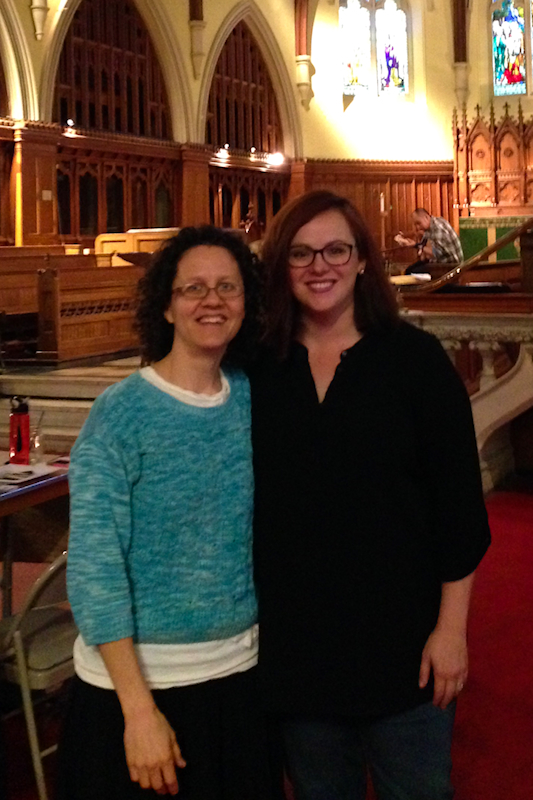
Meeting Sarah Bessey in Montreal, 2016
Well known blogger and writer and probably poster child in some ways for the deconstructed and reimagined faith of so many of my spiritual peers. I've read a couple of her books, A Year of Biblical Womanhood and Searching for Sunday. Her latest book Inspired: Slaying Giants, Walking on Water, and Loving the Bible Again looks exactly like what my Bible-conflicted soul might need.
Barbara Brown Taylor comes from a different branch of the family tree than my own. She was an Episcopal priest for many years and then she became a writer, college teacher, and speaker.
I saw her speak at Conspire and loved her memoir Leaving Church. Learning to Walk in the Dark is one of her best-known books. She's so thoughtful and poetic (but not obtuse), well studied and intelligent, and her southern accent feels like a balm.
Honestly, I haven't read any books from Jen Hatmaker but she's loved by so many of the people I enjoy reading so she had to make the list. And she's definitely a rabble-rouser in the evangelical community. She also has a popular podcast (which I've not listened to).
This is a long list but not long enough. It's a drop in the bucket, one person's perspective and journey "notes". It's also very white and very North American. And it hasn't escaped my attention that there are very few women, one to be exact, in the scholars list and no men in the memoirist section. It just is what it is but these resources are access points to broader stories and more diversity.
I have one more post in my Evolving Journey of Faith blog series. A conclusion of sorts. It's not the next post but it will be published hopefully sooner than one year from now.
If you have questions, comments, your favorite theologians, pastors, mystics - please add their names in comments.
And if there's anything I can do for you, please let me know. Send me a private message here.
This post is available as an audio recording for Patrons.
Filed Under
Part of Series
-

Pam Schrock on Nov. 1, 2018, 4:14 p.m.
So many great resources.... a few I know and now a few to look up and glean from. Thanks for sharing. One of my favorites for many years now is Wayne Jacobsen of The God Journey podcast. I have read many of his books and listen to his podcast quite regularly. I even met him in Innisfail, Alberta here a few years back.
-

Christine on Nov. 1, 2018, 4:23 p.m.
Fantastic list! A couple of these are new to me. 😍 One book I would recommend is on the stages of faith within the Christian journey. It is thorough and readable: The Critical Journey by Janet Hagberg. I have been fascinated by the stages of faith and have also read James Fowler’s book which is headier and from a more objective perspective, covering faith in general instead of explicitly Christian.
-

Lisa Zahn on Nov. 1, 2018, 6:32 p.m.
I love this list! I don't really consider myself a Christian any more (after having studied for the Lutheran ministry in my 20s, I'm now a "lapsed Lutheran" or something like that). But all of these people give me hope for the (true) Christian message, which is beautiful. I particularly love that Rob Bell and Nadia Bolz-Weber made your list--two of my personal heroes.
-

Tonya on Nov. 2, 2018, 3:39 p.m.
Renee, I have been and am in a very similar phase of my faith. When Trump was elected and I saw all these so called Christians supporting him despite his obvious hate, etc... I became unsure about even calling myself a Christian anymore because I certainly didn't want to be associated with "them". As I became more involved with politics, the more horrified I became about the so-called conservative right. At the present, we are having a really hard time finding a church after moving to Vermont. It feels like there is one extreme or the other - conservative or progressive. For now, we are leaning toward the progressive church which is prompting me to learn even more and pray more and read more.
I am reading Inspired by Rachel Evans right now and really enjoy it. Faith is a journey and questioning your faith will often lead to a stronger faith.
Thank you for this post. I have written down many of the resources that I wasn't familiar with and look forward to some new podcasts and books.
Blessings and love, Tonya
-

Renee on Nov. 2, 2018, 4:25 p.m.
I hear you. Canada does not have the same political culture but I understand the internal conflict of ideas, thoughts, and emotions in exploring different branches of the Christian family tree and different expressions of Christian faith, conservative through progressive (a title I'm not comfortable with because the opposite of progressive is regressive and that's not a fair statement).
I'm ok identifying Christian in the broad sense of the word, but what does it that even mean? I ask myself that a lot. What is a Christian? It used to be super clear to me, but I don't have a clear answer on that one right now. I've enjoyed the series of podcast episodes on this subject at The Liturgists podcast. You might enjoy the interview there with Rachel Held Evans.
http://www.theliturgists.com/podcast/2018/9/20/christian-part-1
Lots of love to you. Good luck finding a faith community, it's hard for so many of us.
-
-

Marianna on Nov. 8, 2018, 11:12 p.m.
Renee, you would probably value the perspective of Idelette McVicker, a fellow Canadian. You can find her on Instagram. Her blog isn’t current unfortunately. She’s also very involved with a group called SheLoves. Great resource list.
It’s also my secret wish to go back to school to study theology...and philosophy and psychology and sociology.
-

Renee on Nov. 16, 2018, 8:45 p.m.
Yes, I've heard Idelette speak at the same event as Sarah Bessey in Montreal. She is definitely part of that whole cohort of writers/bloggers I've included here.
So have you done anything about your secret wish to go back to school to study these same interests of mine? I'm asking because I'm a process right now of trying to discern how I might pursue this interest(s) of mine and maybe other people like yourself have online school recommendations :)
In terms of time and finances I just can't even consider it right now but some day in the next couple years it might a viable option and I'm trying to gather information about how I might do that. Good programs etc.
For now I'm quasi-hacking my way there in the interstitial spaces of my life, lunch time and pre-bedtime reading, evening lectures where possible, online theology bookclubs that I can't keep up with etc.
-

Marianna on Dec. 4, 2018, 9:46 p.m.
I haven’t done anything about my wish! I’ve never looked into online options...Like you time and finances are issues. Not to mention that my very pragmatic husband doesn’t get it, and isn’t exactly willing to support any endeavors towards a degree that would have no upfront obvious end job. Especially since I already have one that does. For now, I attend lectures when I can (just heard Brian McLaren and Sandra Maria van Opstal a few weeks ago), read a ton, listen to podcasts etc. And my favorite week every other year is The Festival of Faith & Writing. It takes the time between festivals to unpack all I encounter there! You’ll have to let me know of any stellar resources you find!
-
-
You can subscribe to comments on this article using this form.
If you have already commented on this article, you do not need to do this, as you were automatically subscribed.
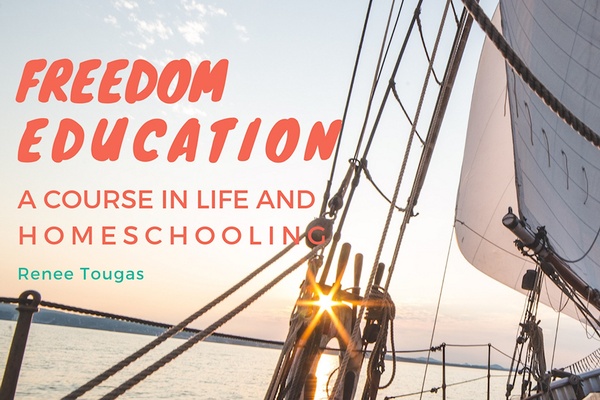
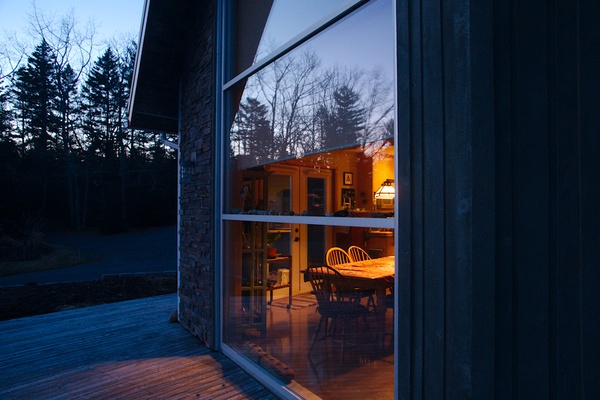
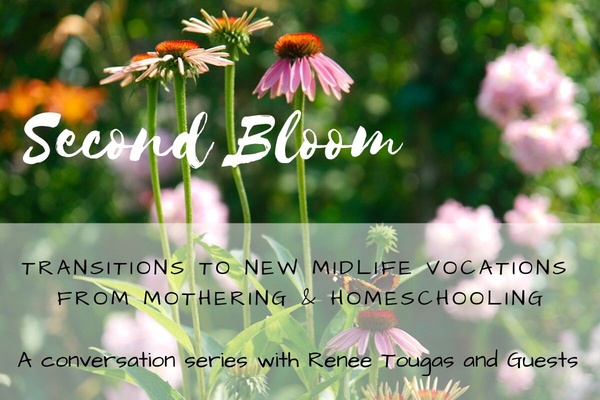
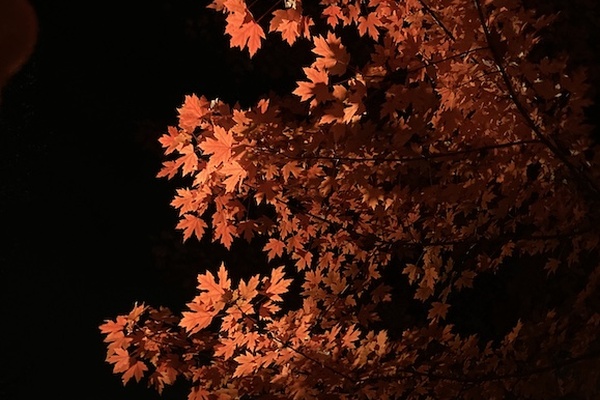
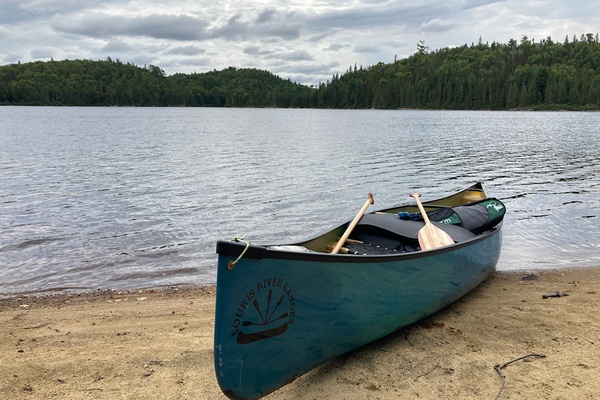
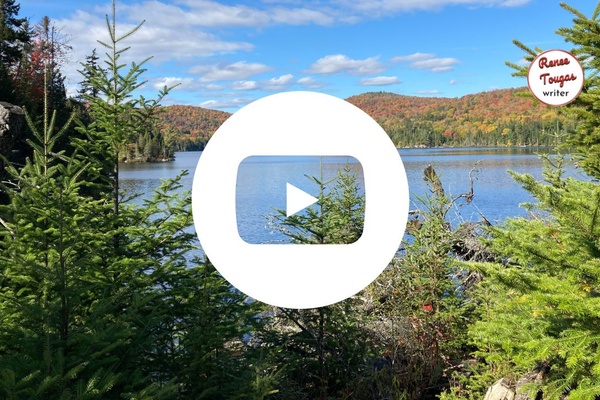
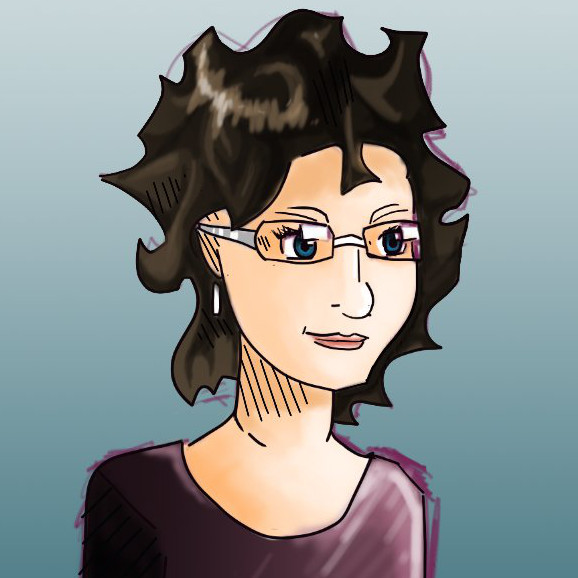
Krista O'Reilly-Davi-Digui on Nov. 1, 2018, 3:16 p.m.
Thanks for all of this, Renée. I brought Falling Upward with me on a trip I'm on right now - saved it for when I had fewer distractions and could sink in, ponder, enjoy. Also just re-added The Liturgists to my podcast library.